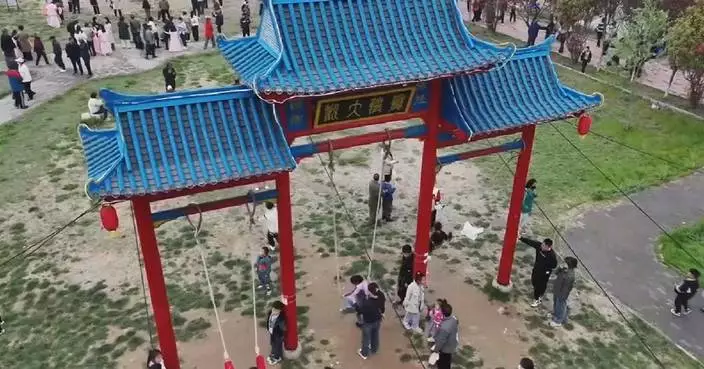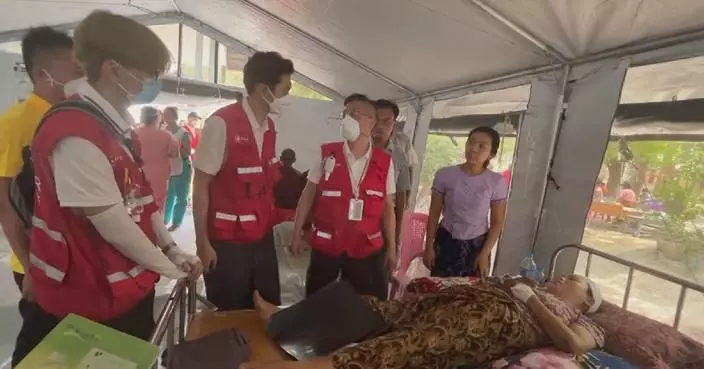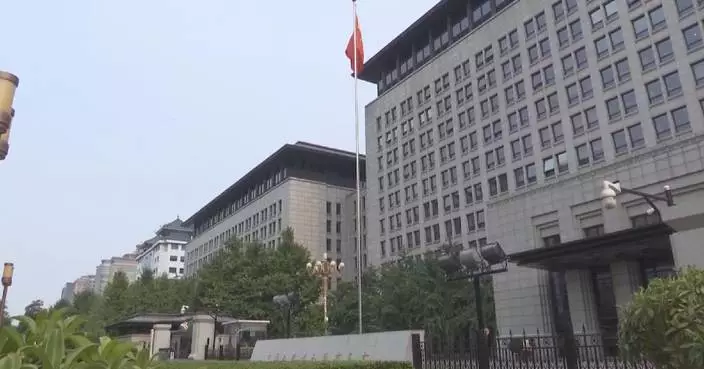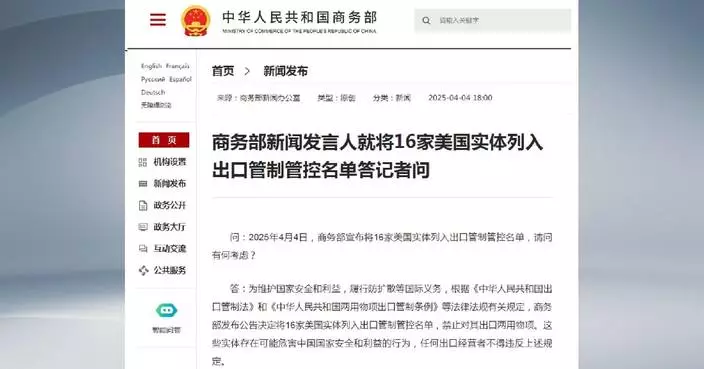Hezbollah confirmed on Wednesday that an Israeli air strike in Beirut's southern suburbs on Tuesday killed its high-ranking commander, Fouad Shokor, and four civilians and injured 80 other.
Fouad Shokor is the highest-ranking Hezbollah figure to be killed since its decades-long conflict with Israel intensified following Hamas attacks on southern Israel in October last year.
Israel claims Shokor was behind the July 27 strike on the Golan Heights that killed 12 children, a charge Hezbollah denies.
On Wednesday, Hezbollah issued a statement mourning its top military commander and said that it would provide more details about Shokor's death during his funeral on Thursday. Meanwhile, operations to clear rubble from the attack site are progressing slowly.
Local residents in Dahieh, the southern suburb of Beirut which is known as a Hezbollah stronghold, recalled the horrifying moment of the Israeli strike and expressed their anger over the incident.
"The first couple of seconds you don't understand and comprehend what's happening, but then I knew that it was Israel and a bomb from Israel. First of all, you feel some kind of fright, but we're not afraid. Let's be honest, we're not afraid of Israel, obviously. But yeah, that's about it. Just a bomb. They were trying to kill somebody," said one young man who had been near the residential building when it was hit.
"What happened in Dahieh is that people were going about their normal lives and I was in Haret Hreik, and suddenly we heard a loud noise and some people said they bombed. They bombed a building in the area. Even if Israel targets us more than once, we will come back stronger," said a female resident.
Lebanon's caretaker Prime Minister Najib Mikati said that the attack on Beirut risked escalating the situation from a conflict with Israel to one of open danger, with all officials in the caretaker government strongly condemning the Israeli strike.
Israel's assassinations of Shokor in Lebanon on Tuesday and of Hamas leader Ismail Haniyeh in Tehran on Wednesday, have raised alarm concerns around the world of a rapid and deadly escalation of conflict in the Middle East.

Hezbollah confirms senior commander killed in Israeli air strike in Beirut suburb

Hezbollah confirms senior commander killed in Israeli air strike in Beirut suburb

















































